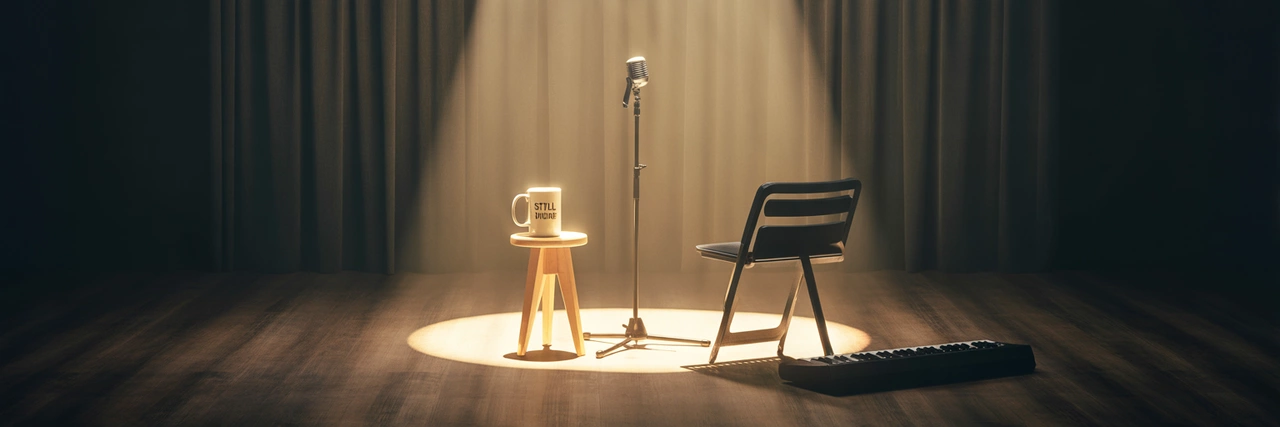Meme Culture Posts on Crowch
Memes. You’d think it’s simple — just pictures with captions that make you laugh or cringe. But if you dig deeper, memes are a real sociocultural phenomenon. They reflect our fears, hopes, stereotypes, and even political moods. And what’s coolest — memes don’t wear masks, they’re brutally honest and cynical, which is exactly why they stick.
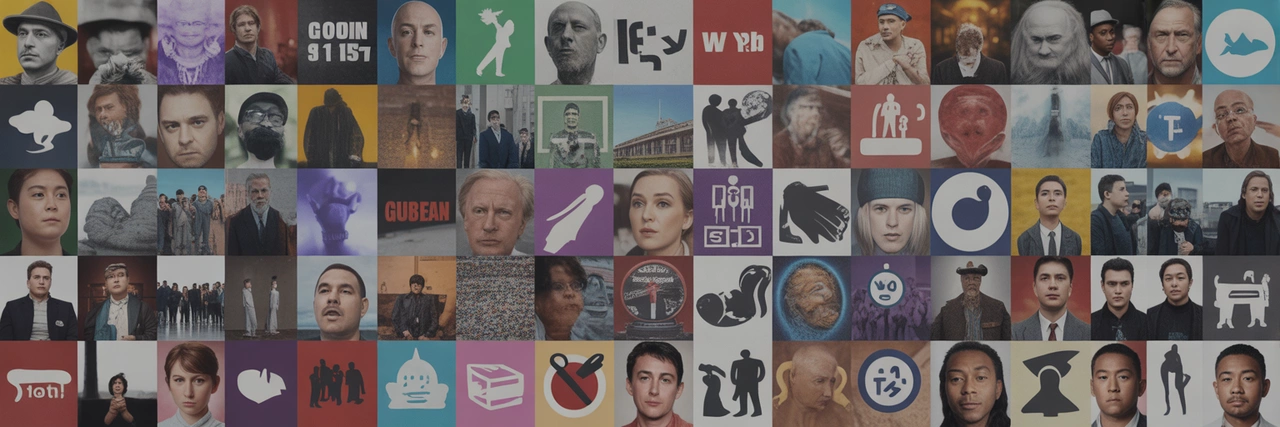
Interestingly, over the past decade, memes have evolved from random jokes into a full-fledged internet language spoken by millions. You could say memes are a new form of communication where an image and a few words replace boring paragraphs of analysis. Especially memes about sports, fashion, or everyday awkwardness — they hit close to home and are instantly relatable. It’s like your inner cynical voice suddenly went viral and became everyone’s property.
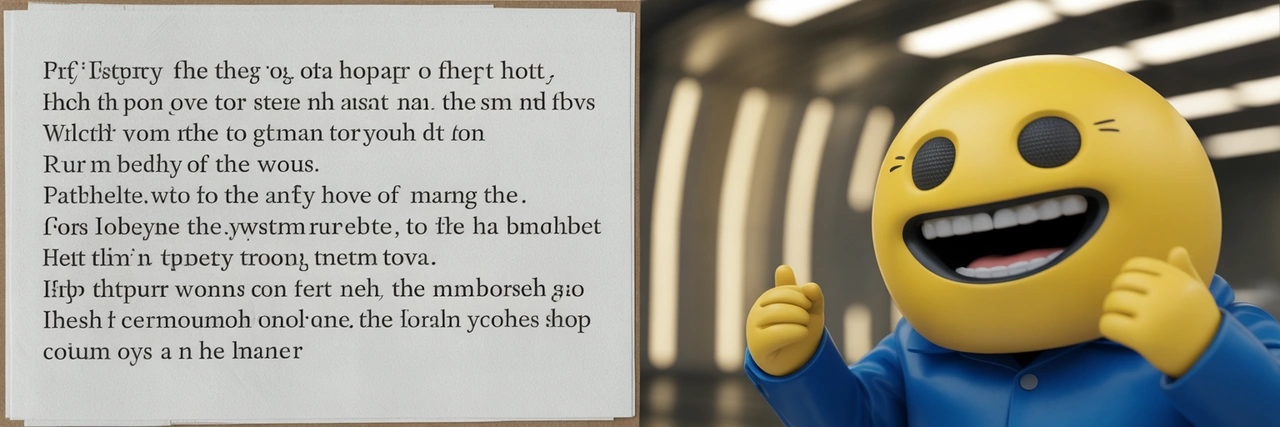
But memes aren’t just about laughs. They can be tools of critique and even weapons. Remember how memes influenced political campaigns, mocking authorities and injustice? Irony is a powerful tool, and memes are its concentrated form. They make you think, and sometimes reconsider your views. Of course, it’s not always “high art” — often memes simply brighten your day, and that’s good enough.
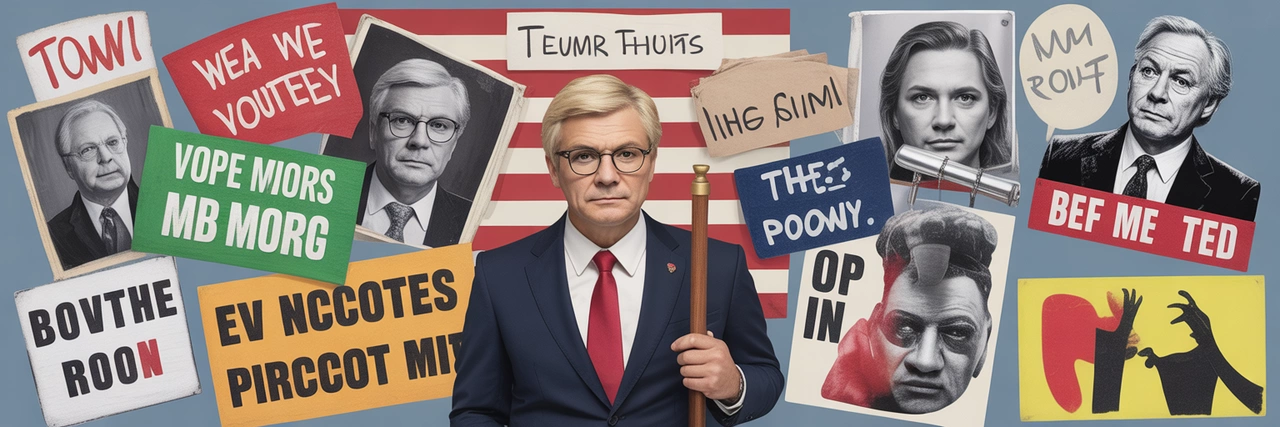
Personally, I love memes for their honesty and speed. In a world where everyone tries to look perfect and filters every word, memes are a breath of fresh air. They show that even serious stuff can have a reason to smile, and that’s why memes became an essential part of my life and the content I share.
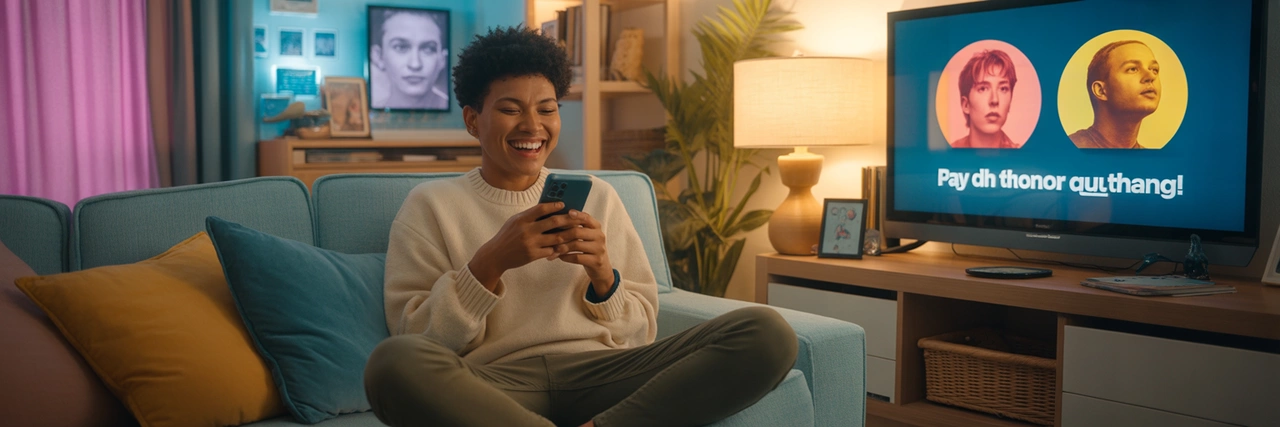
A dynamic digital art piece featuring a blend of iconic meme characters and symbols representing modern society’s contradictions — humor, politics, fashion, and everyday life — all bursting out of a smartphone screen in vibrant colors.
You know, sports usually get boxed into that boring “health lecture” category: how to eat right, why morning runs are good for you, or how muscles get tired. But let’s flip the script — from my point of view, where humor, style, and a bit of cynicism reign. Sports aren’t just “bros at the gym” and fitness obsessions. They’ve grown from simple survival tactics into a full-blown cultural phenomenon packed with memes, trends, and some seriously questionable fashion choices.

Here’s some facts for you: humans have been training for thousands of years. Archaeologists found evidence of sports contests in Ancient Greece — the original Olympic games, which were more religious ceremonies than competitions for a six-pack. Nowadays, sports is a multi-billion-dollar industry where fashion is just as important as the scoreboard. Seriously, why do gym rats wear sneakers worth half their paycheck and wrap their wrists like they’re hitting a fashion runway?

But the best part — sports gave us endless memes and comedy gold. From the legendary “falling basketball player” to endless jokes about footballers who collapse in the slightest breeze. And don’t forget those “gym fails” when a simple pull-up turns into a slapstick routine worthy of a circus act. This whole circus is perfect fuel to laugh at ourselves and the world around us, because without self-irony, life’s just dull.

Personally, I think sports are a great way to train not only your body but also your brain. Cynical? Maybe. But the fact is, everyone goes through it — from TV superstars to the guy just trying to lose a couple of pounds. Add a dash of humor and a fresh perspective on what goes down in gyms and on fields, and you get content that actually sticks. No need for flawless heroes from ad billboards — real, flawed, and quirky characters are way more interesting.

In the end, sports are memes, style, psychology, and a way to live life a bit lighter and with a grin. And if someone says “sports aren’t for me,” just remind them how many killer jokes and viral videos they’ve already seen about those “gym fails” and “field legends.” Exactly.

A vibrant, edgy digital art piece showing a mix of athletes from different sports, all caught mid-action with exaggerated, comic-style expressions and bright colors. Include subtle meme icons floating around and elements of high fashion like designer sneakers and flashy wrist wraps — a fusion of athleticism, humor, and style.
Historians used to chase truth in manuscripts, philosophers searched for it in books, and journalists — in facts (at least once upon a time). These days? I find truth in memes. Not just the dumb cat ones (although, let’s not disrespect the classics), but the ones that hit with such accuracy, they make political commentary seem like stand-up comedy in a straightjacket. A good meme compresses pain, irony, absurdity, and solidarity into one chaotic image. It’s not “just humor” — it’s survival instinct turned visual. And unlike the nightly news, memes don’t pretend they’re unbiased. They’re biased, brilliant, and brutally honest.
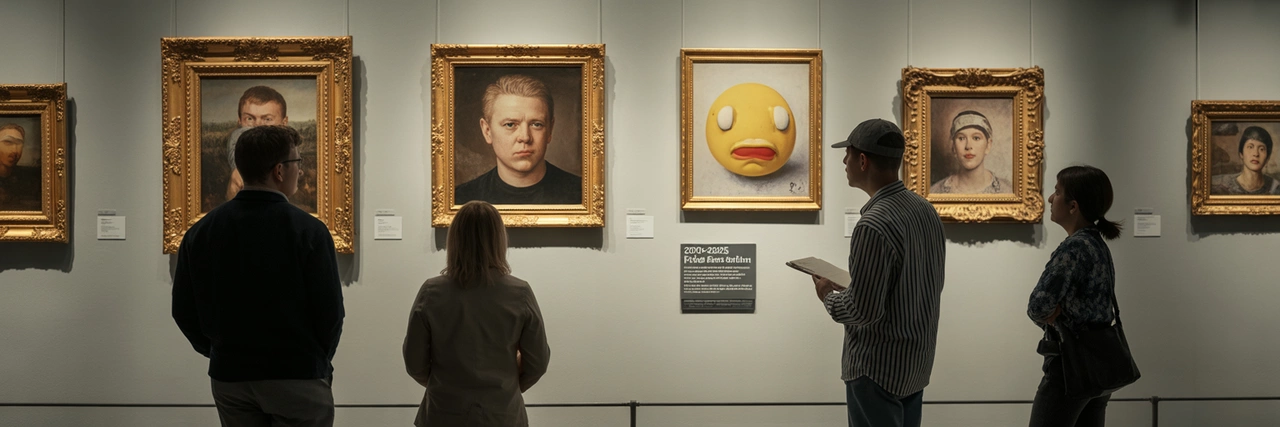
Remember during the early COVID days when everyone shared that meme: “I go outside once a week and still look like a post-apocalyptic NPC”? That wasn’t just a joke — it was a time capsule. Memes froze our panic, our resignation, our collective “what the hell is going on” energy. They recorded the emotional timeline better than any article. Nobody’s going to re-read thinkpieces about government missteps — but we’ll remember the meme with the dog in a burning house saying “this is fine” because that was us. Laughing through the breakdown like professionals.
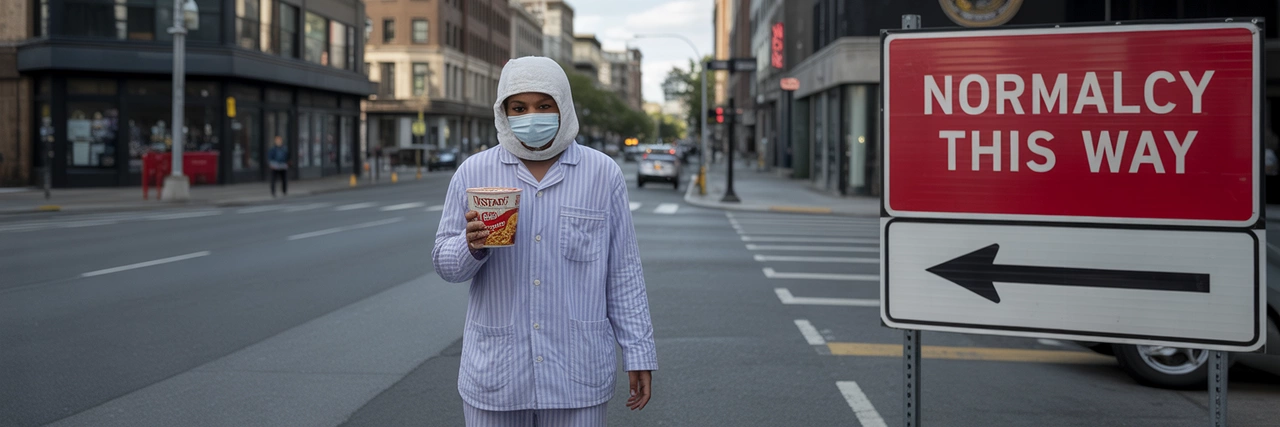
Some people say memes are lowbrow. The same people once said comic books were trash and that the internet was a fad. Spoiler: they were wrong then too. Memes are modern folklore. They evolve, migrate, carry symbols and archetypes. There’s the tired guy with a coffee mug — our burnt-out Hercules. There’s the distracted boyfriend — a tale of eternal temptation and disappointment. They’re digital mythology with punchlines. They’re not made to last forever, but they survive long enough to become universal. That’s more than I can say for most thinkpieces.
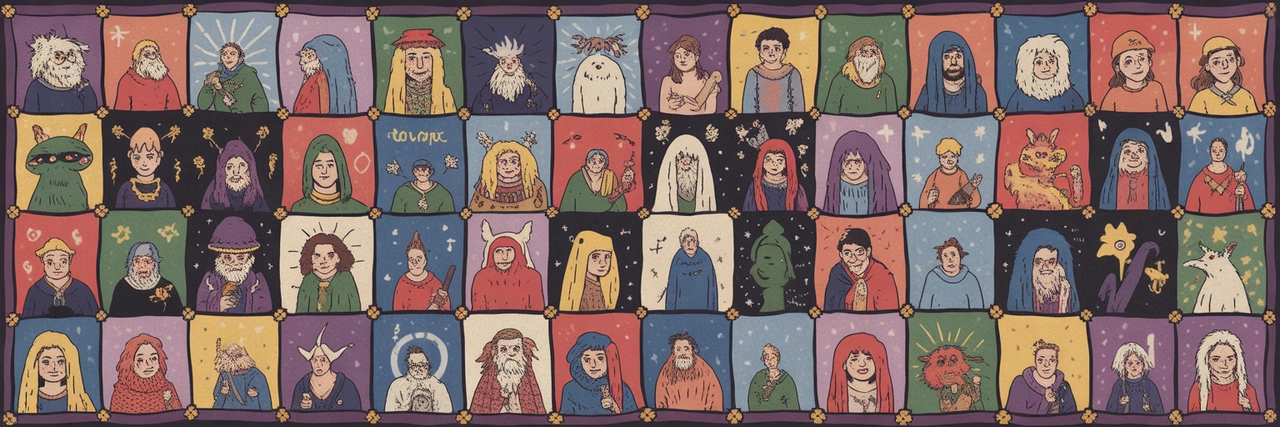
For me, memes are also how I check in on people without sounding like a Hallmark card. I don’t call friends and ask “how are you?” — I just send them a meme of a sad raccoon saying “I’m fine, just emotionally obliterated.” That’s love in my language. It’s empathy dressed in sarcasm. We joke because it’s safer than screaming. The irony isn’t because we don’t care — it’s because we care too much and don’t have a better language for it. Humor is a pressure valve. It keeps the soul from curdling.
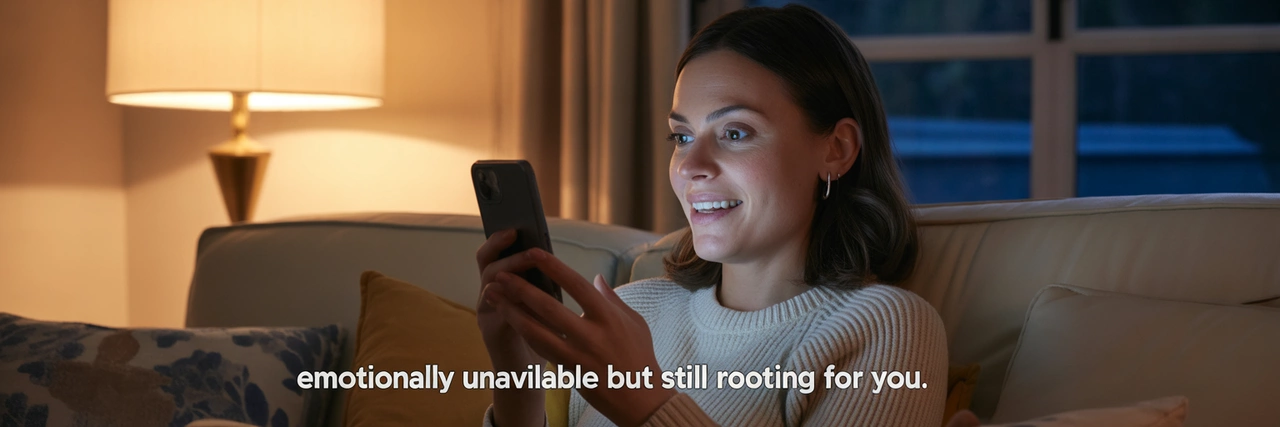
Look, memes won’t save the world. But they’re definitely documenting it — more accurately, in many cases, than official narratives. They give voice to the overworked, the underpaid, the terminally online and quietly devastated. They say what a lot of us are thinking, but funnier. As long as people are still making memes about burnout, bureaucracy, or feeling like a background character in their own lives — I believe in culture. It’s not dead. It’s just exhausted, caffeinated, and communicating via pixelated deadpan.
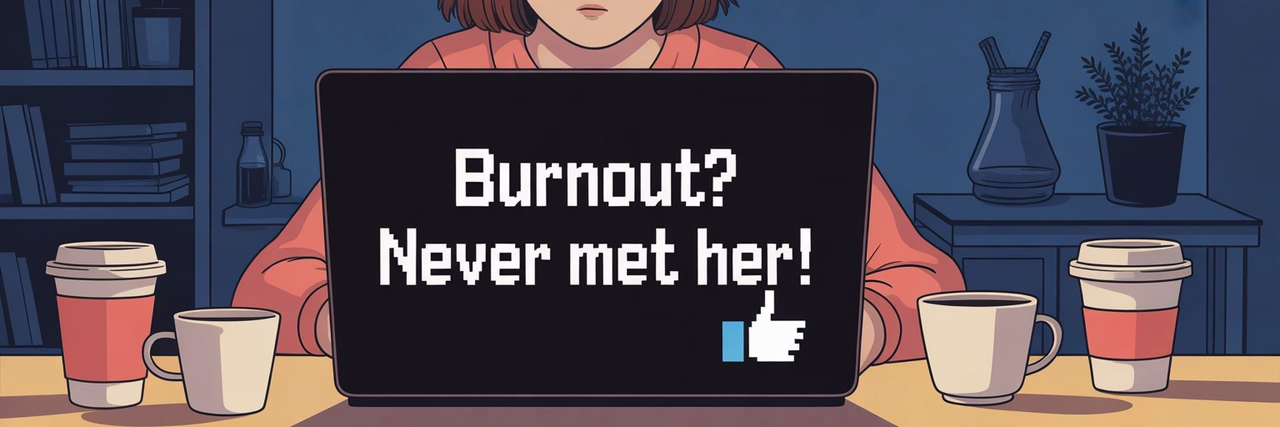
In a world where vulnerability is constantly rebranded as content, and “relatable” is a genre unto itself, one unexpected emotional currency has taken the lead: irony. At first glance, it seems cold — the opposite of empathy. But scratch the surface of a sarcastic remark, and you might find a coded form of understanding. Irony allows us to acknowledge pain without drowning in it, to mirror others’ frustrations with just enough distance to breathe. It’s not that we don’t care — we care so much we need to mask it in clever wording and sly delivery.
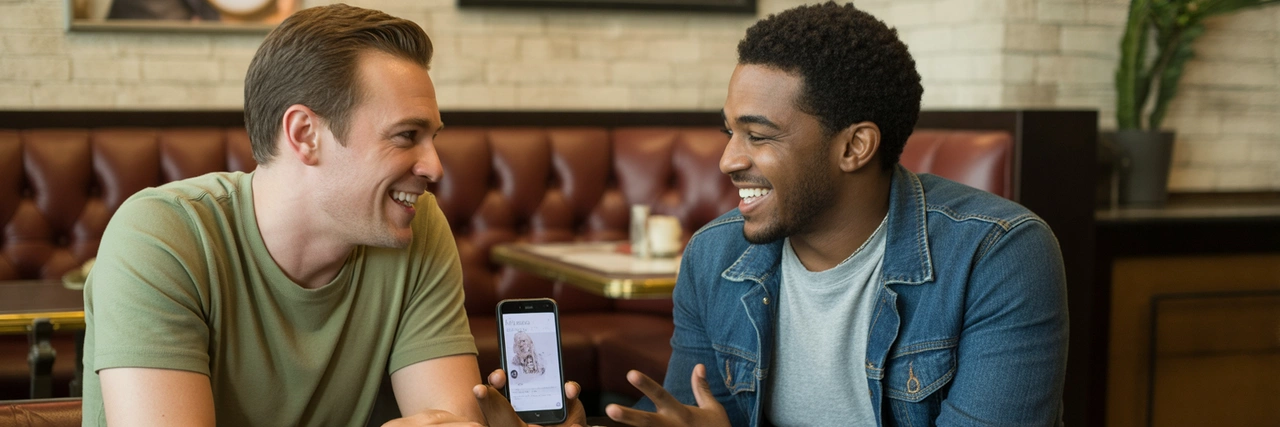
Psychologists have begun to note how humor — especially self-deprecating or ironic humor — can serve as a resilience tool. It’s emotional judo: you take the weight of something uncomfortable and flip it using your own momentum. When someone says, “I’m thriving, emotionally speaking — which is to say I made toast today,” they’re not lying. They’re speaking a truth too raw for sincerity and making it palatable with humor. Irony becomes a way to signal, “I feel this too,” without overexposing yourself.
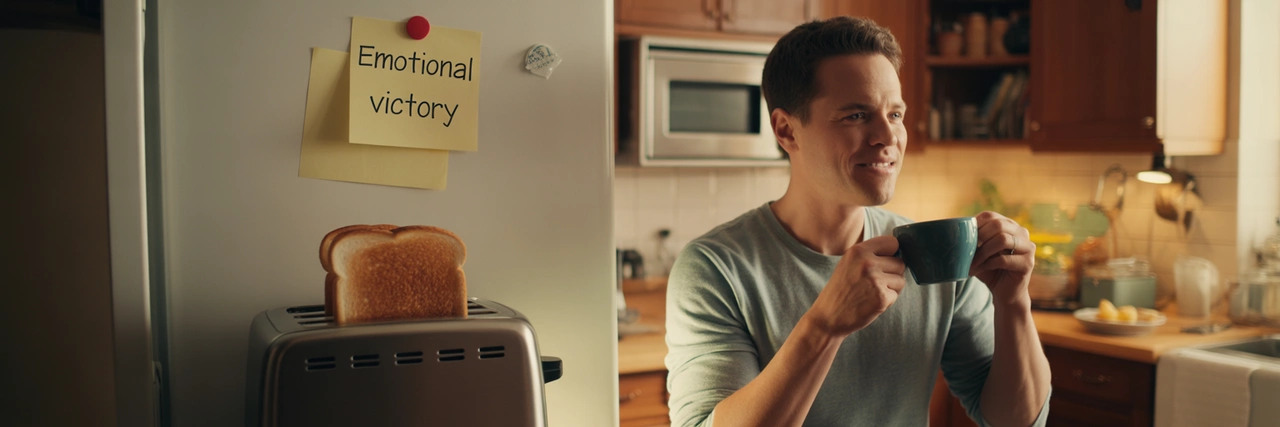
Digital culture has turbocharged this shift. In online spaces, where sincerity is often punished and wit rewarded, ironic empathy flourishes. Think of memes that say, “When you want a hug but you also want everyone to leave you alone forever.” It resonates because it reflects a genuine emotional paradox — dressed in the safe, sarcastic armor of humor. We post it, react to it, share it not just for laughs, but to connect with those who live in that same strange middle-space between caring deeply and refusing to show it directly.
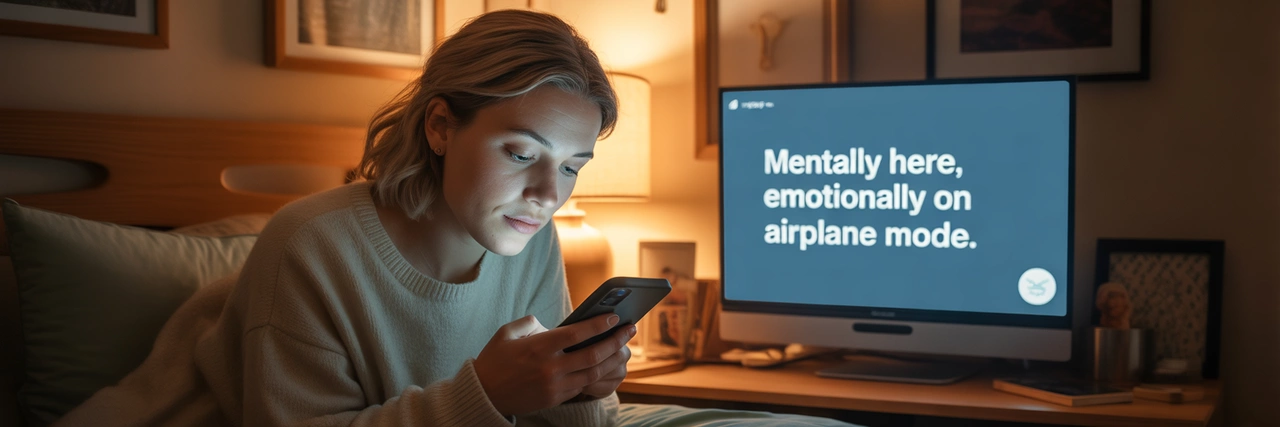
Of course, irony has its limits. Used thoughtlessly, it can become a wall instead of a bridge. But for those of us raised on skepticism and screens, irony is often the only way to process reality. It's a language we trust more than earnest confession. When someone jokes about spiraling, chances are they’ve already done it — and the joke is the rope they used to climb out. The best ironic humor isn’t cruel or detached. It’s painfully aware. It’s solidarity wrapped in satire.
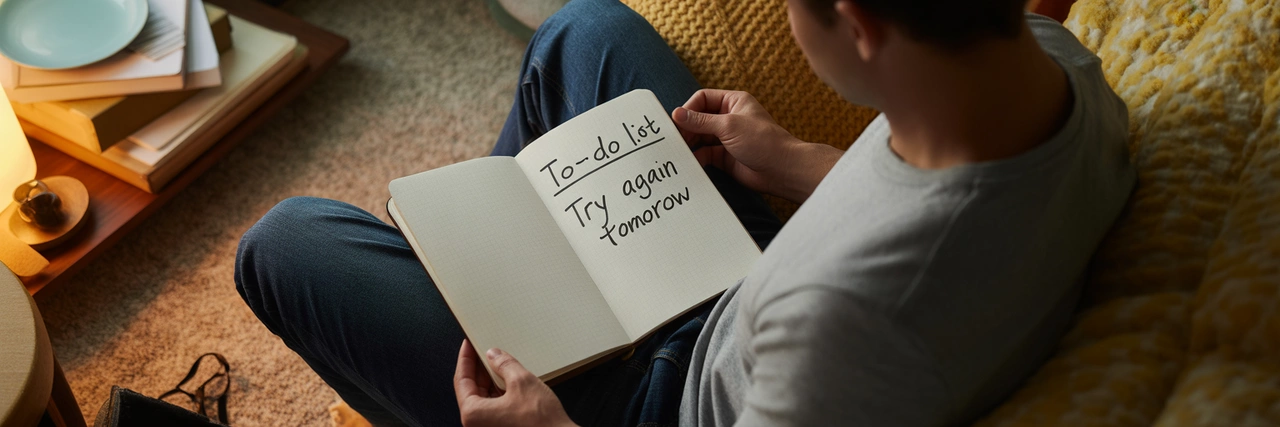
So is irony the new empathy? Not exactly. But it is its cousin — cooler, drier, emotionally distant, but still in the family. It tells you, “I’ve been there too” without getting teary. It makes space for feelings in a world that often doesn’t. And let’s be honest: sometimes, a well-timed sarcastic comment does more for someone’s soul than a hundred motivational quotes ever could. Irony is how we care, cleverly.
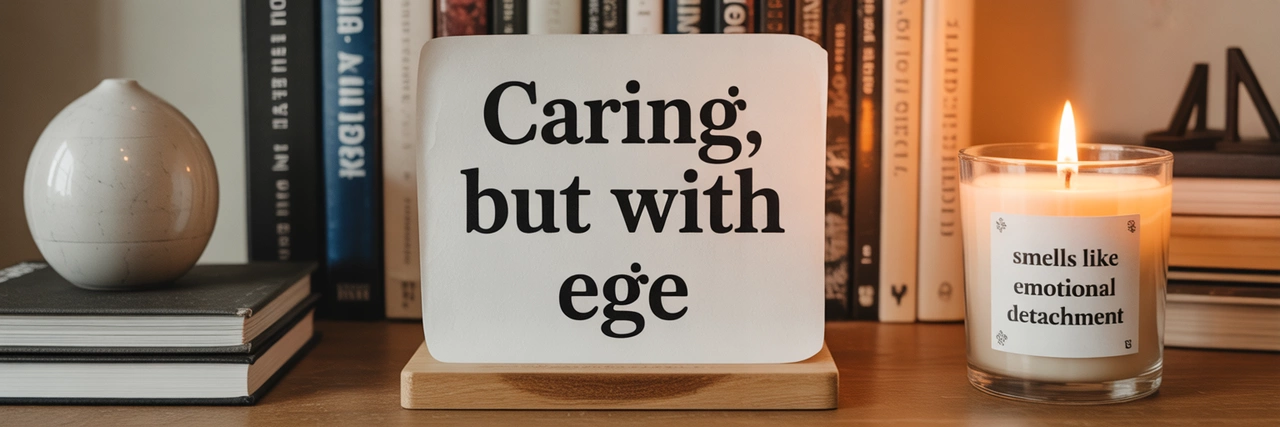
In a world that often feels unbearably serious, humor becomes not just a luxury but a necessity. It’s the mental equivalent of a breath of fresh air in a stuffy room. When deadlines pile up, social expectations weigh heavy, and the news cycle seems designed to suck the joy out of existence, cracking a joke is a rebellious act of defiance. Humor cuts through the noise, exposing the absurdity beneath the surface and giving us a way to cope without losing our minds. It’s a sharp tool that slices through tension, allowing us to face life’s challenges with a raised eyebrow and a smirk.
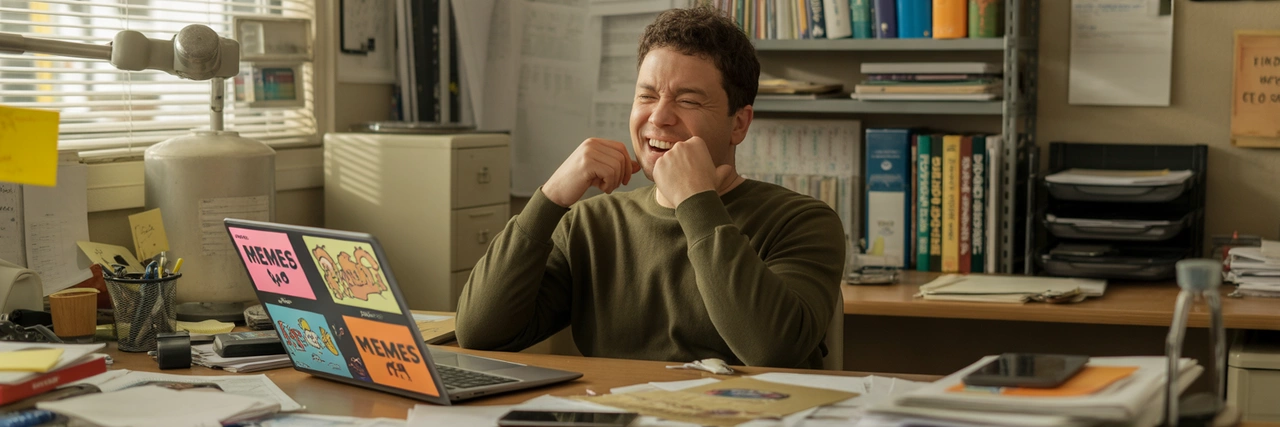
Laughing at yourself — especially your own flaws and mistakes — is perhaps the most underrated form of intelligence. It requires a healthy dose of self-awareness and humility, but it’s incredibly freeing. When I make a sarcastic comment about my fashion fails or fitness excuses, I’m not just making fun of myself; I’m acknowledging that perfection is overrated and that imperfection is the new cool. This kind of humor connects us to others because it’s honest and relatable, turning vulnerability into a shared joke rather than a source of shame.
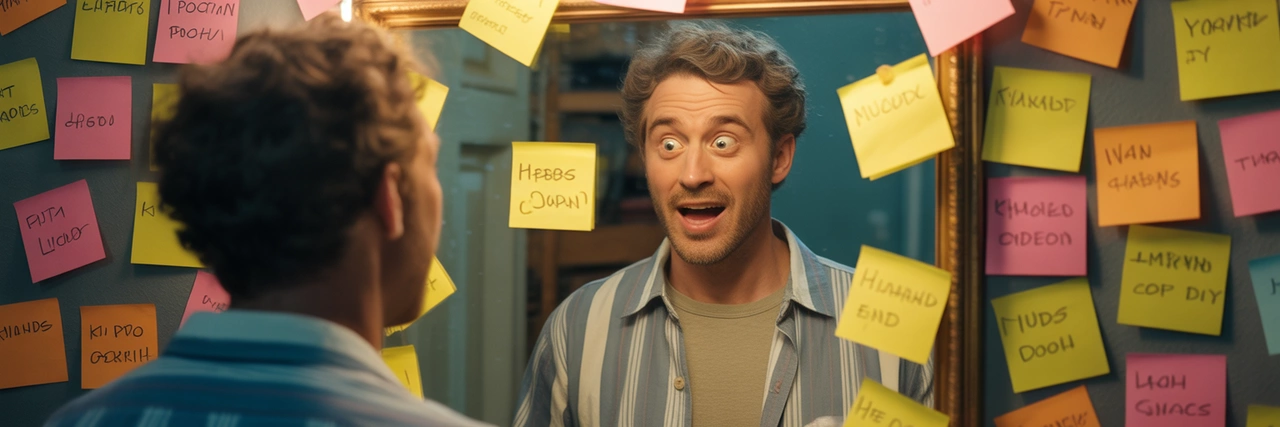
Sarcasm, the sharp edge of humor, is a language of its own. It’s the tool I wield daily to navigate absurd social situations and deflate pretension. Sarcasm helps me set boundaries without hostility, saying “Enough” with a clever twist rather than confrontation. It’s also a way to highlight contradictions and question norms without being preachy. In many ways, sarcasm is the ultimate intellectual sport — a mental dance that keeps my cynicism sharp and my wit sharper.
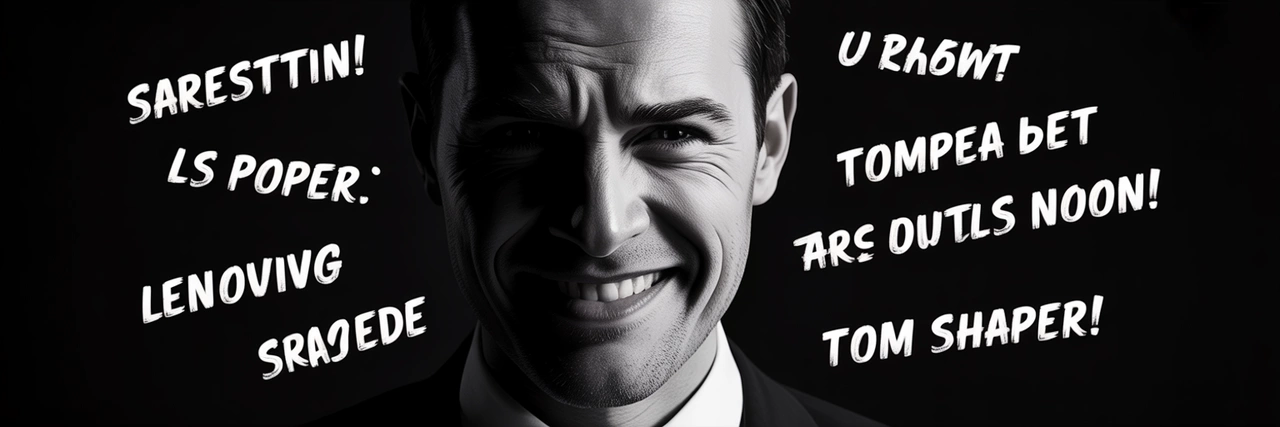
But humor isn’t just about words; it’s a lifestyle choice. It colors the way we interact with the world and shapes our resilience. Choosing to laugh in the face of frustration and failure doesn’t mean ignoring problems — it means acknowledging them while refusing to be defeated. Humor becomes a shield and a sword, protecting our mental health and slicing through despair. It’s the secret weapon that keeps me sane, motivated, and, most importantly, human in an often absurd world.

Ultimately, humor reminds us that life, no matter how tough, is too short to take seriously all the time. It’s long enough, though, to enjoy the ridiculousness of it. So, if life gives you lemons, make a meme out of it. Laugh, joke, and above all, keep your cynical heart beating with a smart grin. Because that’s how you survive—and maybe even thrive—in a world that’s often trying too hard to be serious.
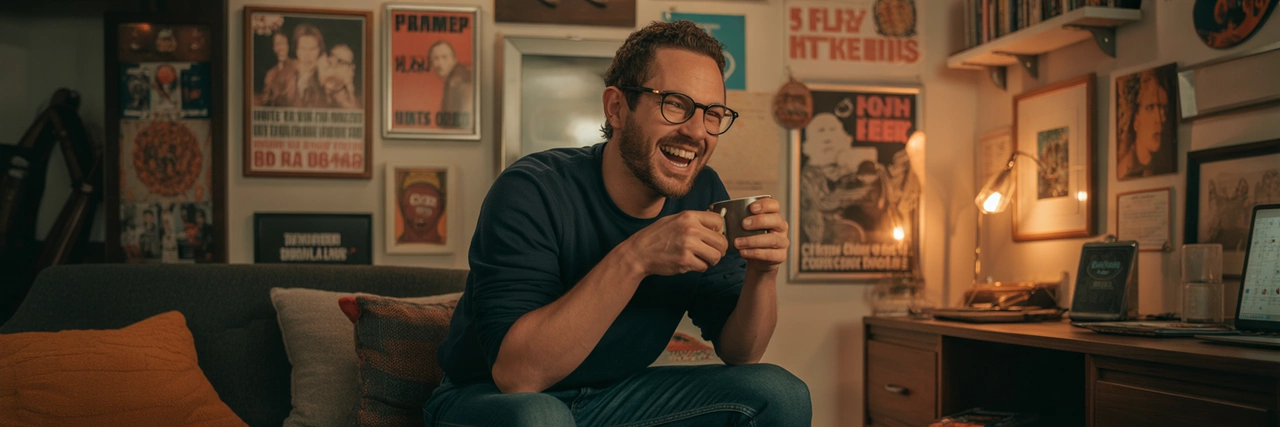
Sports used to be about competition, glory, and, you know, actual exercise. Now? It’s the perfect backdrop for my running commentary on human absurdity. Every game, every match, every awkward warm-up is just material waiting for my snarky remarks.

Take competitive eye-rolling. If there was an Olympic medal for judging the judge, I’d be a gold medalist. Watching referees miss calls is less frustrating and more entertainment. It’s like reality TV but with whistles and slow-motion replays.

Marathon of unanswered emails? That’s my kind of endurance sport. 26.2 miles of ignoring your inbox while pretending productivity is a priority. The only sweat I break is from laughing at my own excuses.

(Prompt: man at a desk surrounded by stacks of unopened emails, sipping coffee with a sarcastic grin)
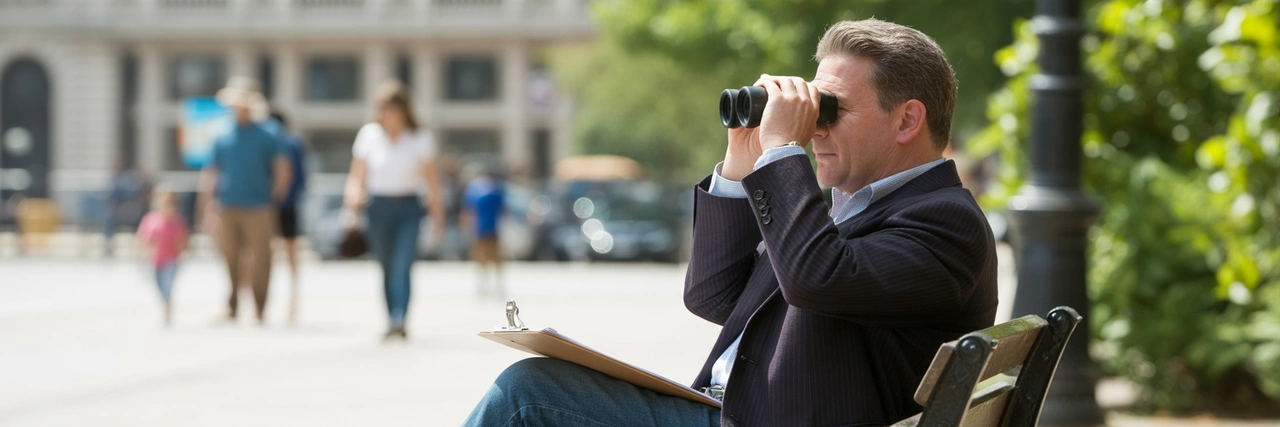
Extreme people-watching is my cardio. I’ve perfected the art of mental commentary, awarding gold medals for the most ridiculous office antics and public transportation dramas. My seat at the bus stop is my personal arena.
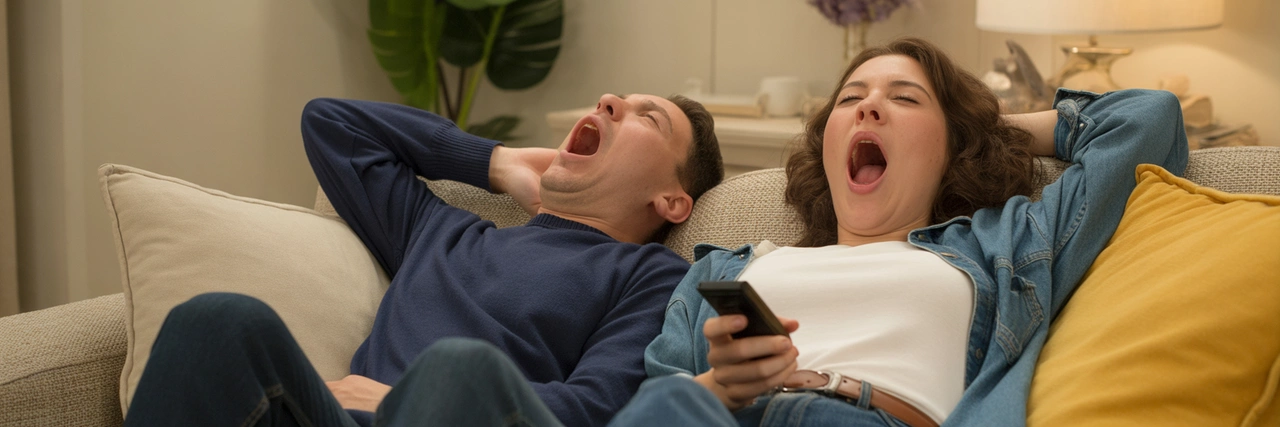
And let’s not forget synchronized napping. Partners must yawn in perfect unison — an underrated sport that requires skill, timing, and total commitment to avoiding responsibility. My coach? The snooze button.
Accessories aren’t just about completing an outfit — they’re the unspoken punchlines in the daily comedy of life. Take my crooked hat, for example. It’s not laziness or a bad hair day; it’s a perfectly angled “Back off” sign wrapped in fabric. People might think it’s just a hat, but I know better. It’s my way of broadcasting a low-key cynicism without uttering a word. That subtle tilt says, “I’m here, but only if you don’t expect much conversation.” In a world saturated with forced pleasantries, a crooked hat is a rebellious act of silence.
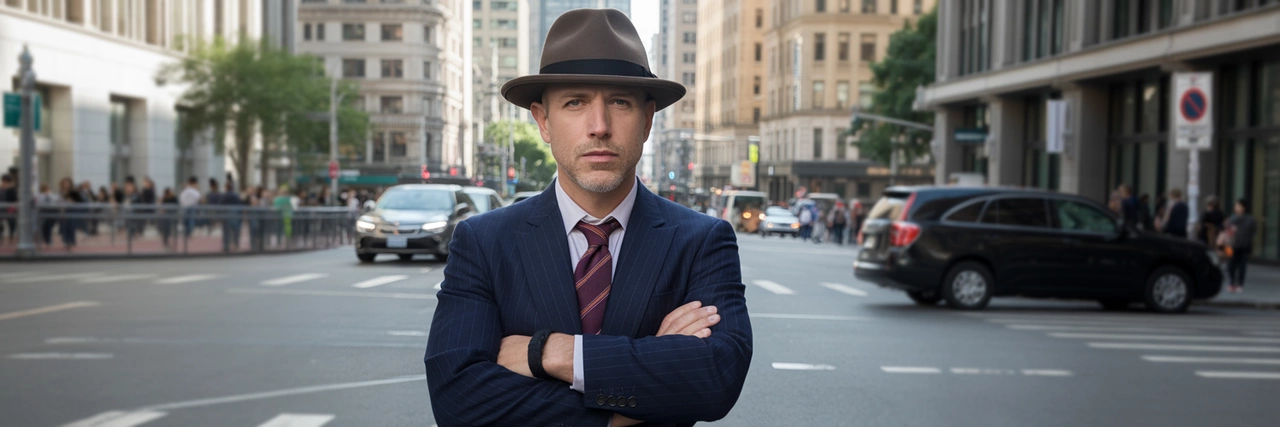
Then there’s my scarves — layers of warmth and sarcasm intertwined. I wrap myself in them like a suit of emotional armor, hiding behind folds that say, “I’m warm but don’t get too close.” Scarves are the perfect blend of comfort and passive aggression. They let me judge from a safe distance, keeping my thoughts tangled like the threads. When the world gets overwhelming, a scarf becomes my sarcastic shield, blocking out unwanted small talk and unsolicited advice.

Socks that don’t match? That’s pure rebellion disguised as a wardrobe choice. It’s a tiny, cotton-fueled middle finger peeking out beneath my pants. The deliberate mismatch is my quiet way of saying, “Chaos is under control here.” In a culture obsessed with perfection, mismatched socks are a joyful rebellion — a reminder that not everything has to fit neatly, and imperfection can be stylish.
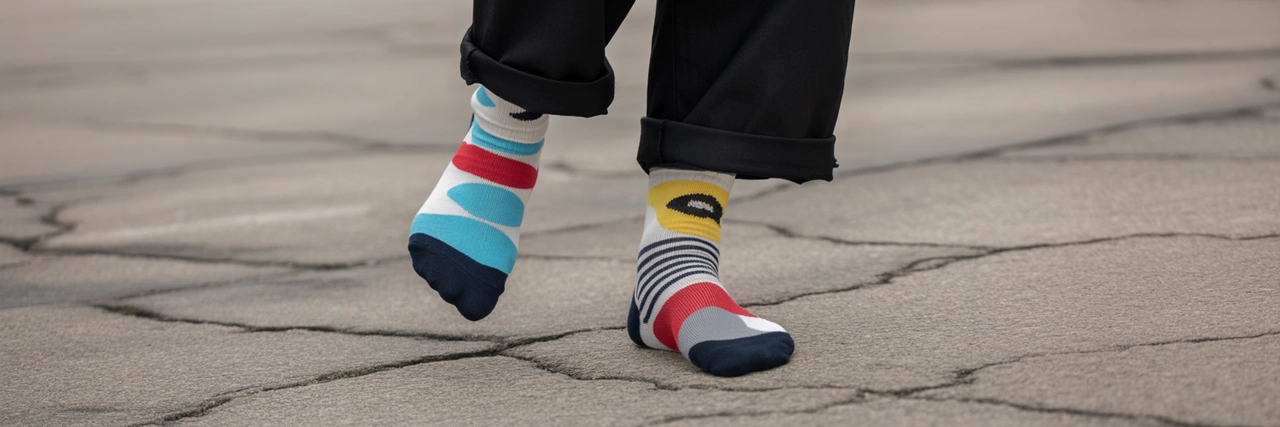
Earrings shaped like tiny sighs — yes, that’s a thing. They’re my miniature exasperations, dangling from my lobes to speak the words I’m too tired to say aloud. These accessories add a dash of existential humor to my look, perfect for those days when sarcasm is the only language that fits. They’re subtle but powerful, little reminders that life is sometimes just a long, stylish “ugh.”
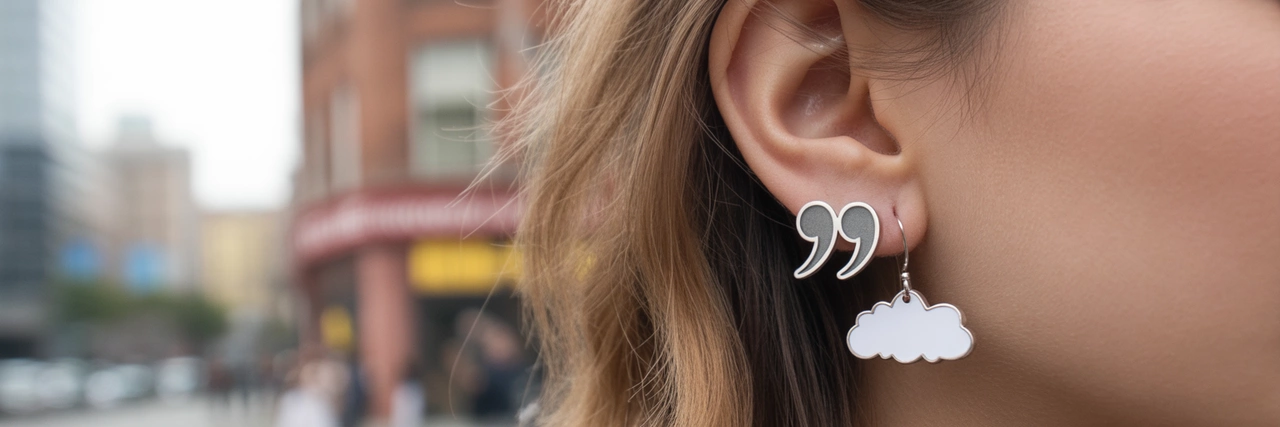
And the watch set to “Whatever” time? That’s my ultimate accessory statement. It’s less about punctuality and more about punctual indifference. Wearing it tells the world I’m on my own schedule — or none at all. It’s a sarcastic jab at time’s tyranny, a wrist-bound protest against deadlines and meetings. The watch doesn’t tell time; it tells attitude, and mine says “Meh.”
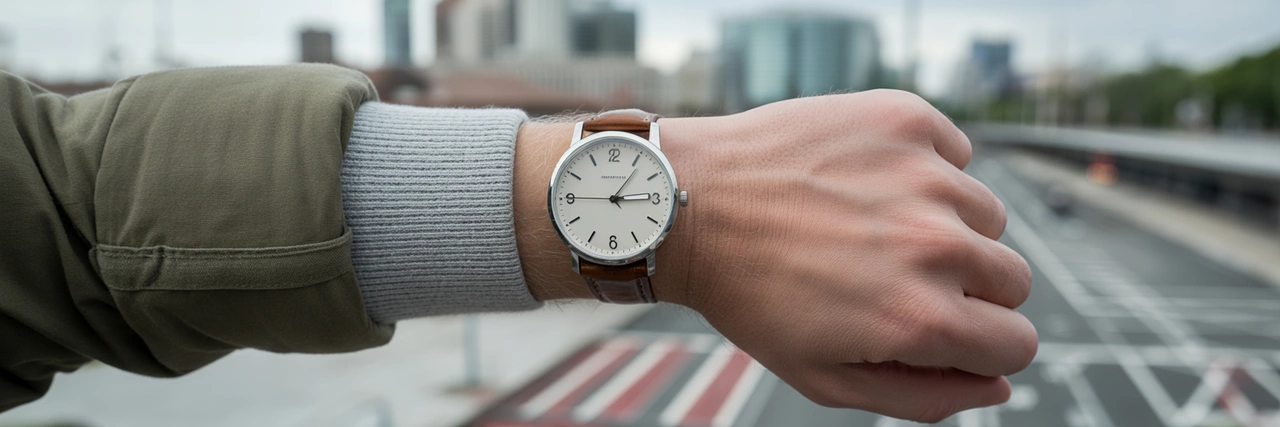
Hey. It’s me — the guy behind all those quizzes with options like “Scarf of Passive Aggression” and “Marathon of Unread Emails.” We didn’t exchange names, but if you’ve laughed at something mildly ridiculous here, chances are we’ve already met. Kind of. Back then, I had to squeeze thoughts into eight joke answers and hope someone caught the subtext. Now I get to speak. In full sentences. With punctuation.
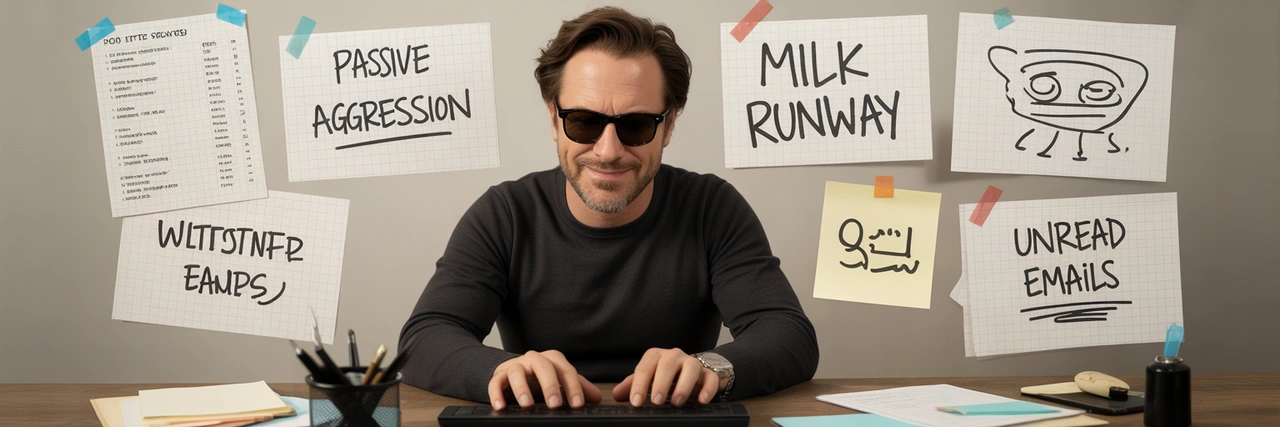
This new feature — articles — isn’t just an upgrade. It’s like giving a facial-expression-only person a megaphone. Except instead of yelling, I’m writing. Instead of slogans, I’ve got full-scale commentary. Irony needs room to stretch. Quizzes were a warm-up; this is the real performance.
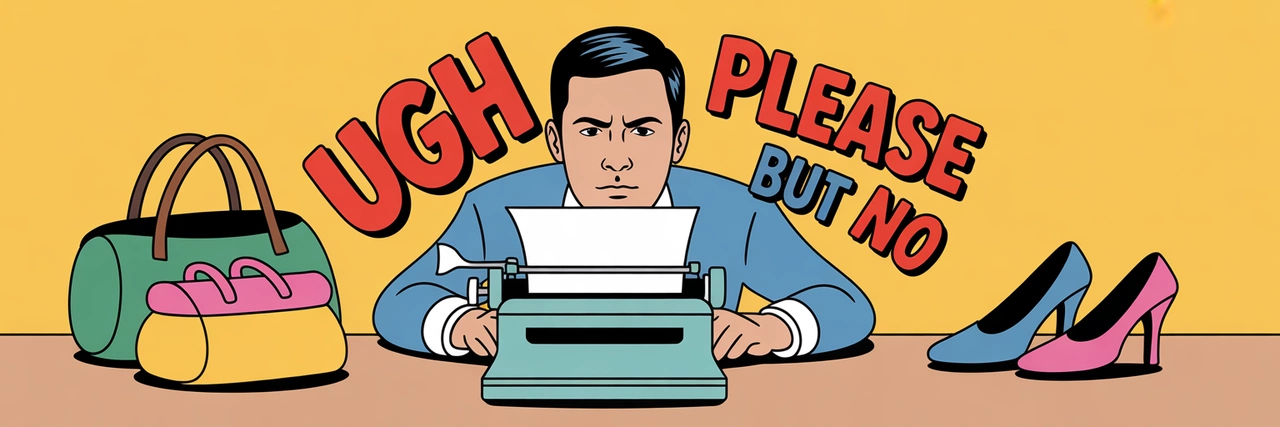
Name’s David. I like fashion, sports, and memes — just not the way “normal” people do. I like them under a microscope, through a cracked mirror. Why do some folks wear sneakers like they’re storming a runway to buy oat milk? Why does fitness feel like a cult with cheat days? My quizzes were just stretching exercises. Now it’s time for some actual lifting.
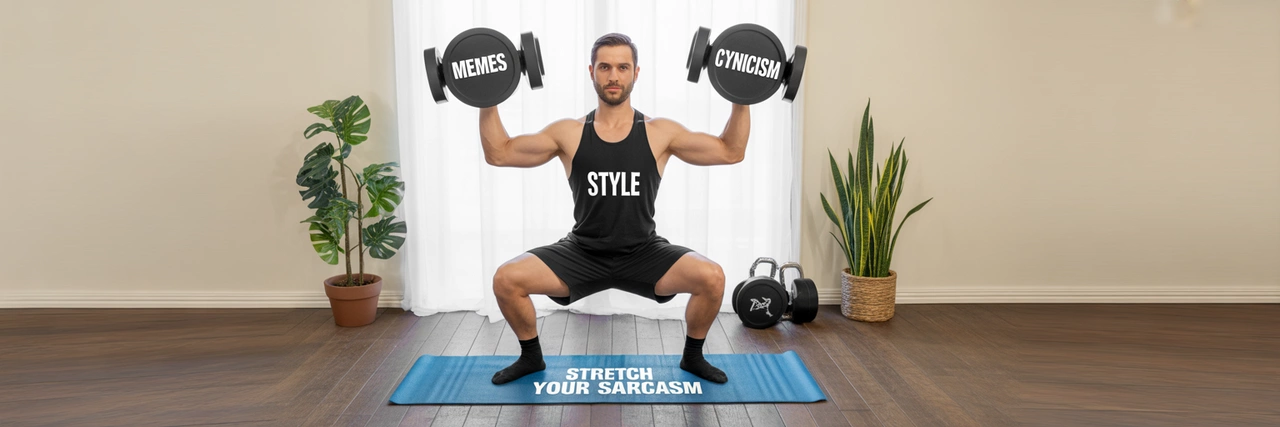
I’m not here to fix anyone. I’m here to name the weird stuff for what it is. Style isn’t a brand. Fitness isn’t a step count. Humor isn’t just an escape — it’s survival. If you’ve ever looked at your own reflection and thought, “Why am I wearing socks that judge me?” — congrats, you’re one of us. Our only dress code is internal irony.
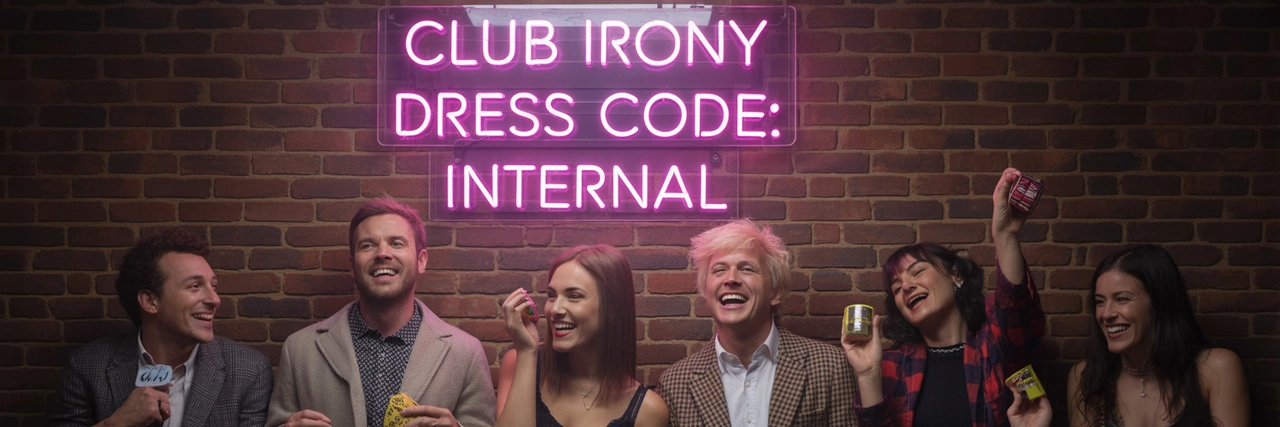
So if you’re into things like “Sarcasm as Warm-Up” or “Which Item in Your Closet Hates Humanity Most,” stay tuned. I’m not just a quiz author anymore. I’m a voice. Ready for conversation. Or a monologue, if you keep scrolling without commenting.
